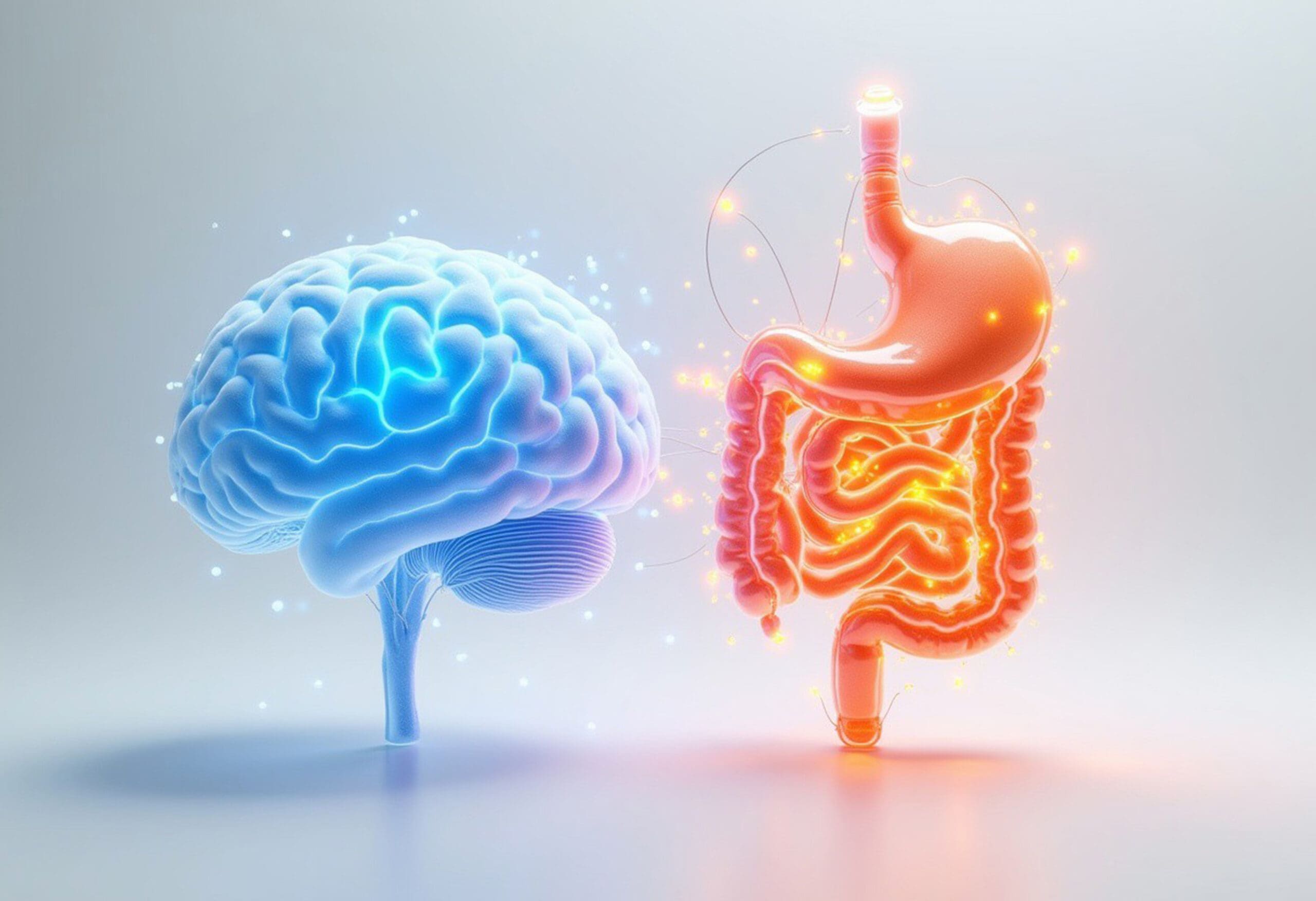Important pancreatitis risk factor you should know
By naturopath Margaret Jasinska
Pancreatitis is common. It means inflammation of the pancreas and can either be acute or chronic. Acute pancreatitis can be a medical emergency. Knowing the risk factors is important for protecting your health.
Your pancreas produces digestive enzymes as well as several hormones, the most well known of which is insulin.
What causes pancreatitis?
These are the most common risk factors:
- Heavy alcohol consumption
- Gallstones or inflammation of the gallbladder, because of its close proximity to the pancreas
- Fatty pancreas due to insulin resistance or type 2 diabetes
- Adverse reaction to some medication, particularly some diuretics
- Inherited metabolic disorders
- Trauma due to injury
Pancreatitis can be fatal.
New risk factor identified
An elevated blood triglyceride level can provide an early warning system. Triglycerides are a type of blood fat. Having a high level can increase the risk of a blood clot, heart attack or stroke.
Whenever you’ve had a blood test for cholesterol, your triglycerides were probably tested as well. Elevated triglycerides are actually a much bigger risk factor for heart attacks and strokes than cholesterol. Cholesterol has a lot of important roles in your body. Cholesterol is good for you (up to a point). When it comes to triglycerides, you don’t want much of this type of fat in your blood at all. The lower the better.
New research has found a strong association between high triglycerides and pancreatitis. This research was published in The Journal of the American Medical Association Internal Medicine. Researchers from the University of Copenhagen followed 116,550 men and women for a period of seven years. The risk of acute pancreatitis rose sharply as triglyceride levels rose.
The patients’ triglyceride levels were tested in a non-fasting state. At 1.9 to 2.9 mmol/L the risk of pancreatitis increased by 130 percent; at triglyceride levels above 5.0, the risk increased by 770 percent. This association remained in place after researchers controlled for age, gender, alcohol intake, smoking and body weight.
This is a significant finding because acute pancreatitis is usually a medical emergency. The next time you get a blood test, make sure you check your triglycerides. Elevated triglycerides are usually seen in people with insulin resistance and fatty liver. Addressing these conditions usually takes care of the triglycerides.
See the information in our books Fatty Liver: You Can Reverse It and Diabetes Type 2: You Can Reverse It Naturally.









Leave A Comment